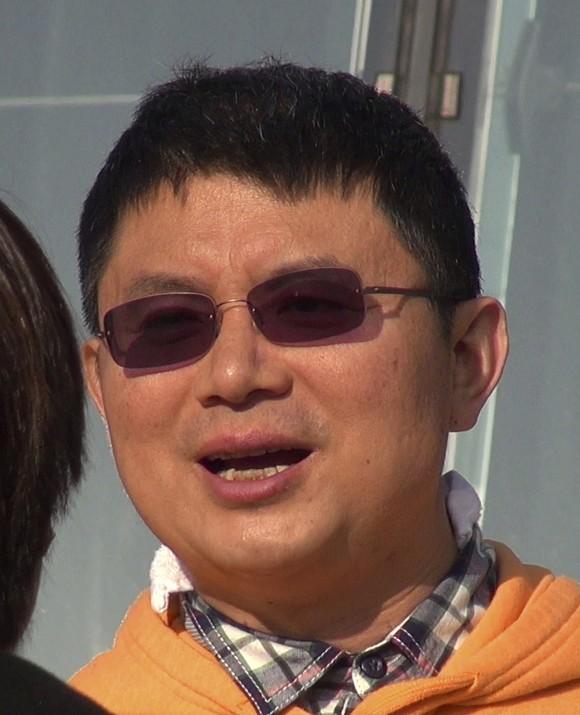Xiao Jianhua, the Chinese billionaire who recently made headlines after going missing from his apartment in Hong Kong, has long been involved in the dealings of the Chinese Communist Party elite.

Xiao Jianhua in Dec. 2013. AP Photo/Next Magazine

Xiao Jianhua, the Chinese billionaire who recently made headlines after going missing from his apartment in Hong Kong, has long been involved in the dealings of the Chinese Communist Party elite.
